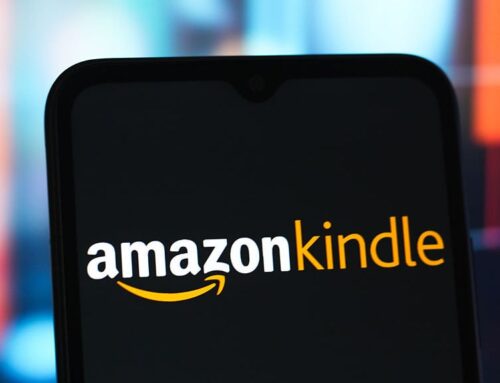How Will New Ownership Change the Trail Blazers’ Roster Decisions?
May 15, 2025
As we’ve discussed ad nauseum this week, the Portland Trail Blazers will soon have new owners, only the third in the 55-year history of the franchise. Yesterday we discussed some of the implications of that change. But that discussion undersold a specific issue that several readers are asking about. Let’s tackle it today in this edition of the Blazer’s Edge Mailbag.
Hi Dave and Team,
Given that Jody Allen is fulfilling her fiduciary duty as executor to maximize the sale price, we can reasonably expect her to make decisions designed to increase the value of the asset. Now that we know the timing we can expect her to “stage the home for sale,” kind of. You’ve written about location, market, and taxes. My question is only about roster and management, here goes:
What does a bidder value from the Blazers’ roster and draft capital? What moves would increase, decrease, or not alter the value between now and when the bids are due?
Thanks!
Dan
Hey Dave,
What does this sale announcement mean for Anfernee Simmons extension talks, and are there other guys (like Ayton) this could affect as well? Does this give the Blazers a great excuse to not deal with that now, and leave it for a new owner to decide?
-Brian
I doubt that it affects things much. If it does, it could go either way.
Think of the team’s salary ledger like a desk full of drawers. When you buy the team, you get this desk. It has a certain shape and volume. You know you have to pay for the desk and what’s in it. That’s your responsibility as owner. In business terms it goes into the category of labor/personnel salary, one of your overhead costs.
You can shuffle different contracts into and out of that desk. You might pay Anfernee Simons and Deandre Ayton. You might pay Charles Barkley and Clyde Drexler. It doesn’t matter. It’s more or less a fixed expense. You’ll always have that personnel overhead.
This is especially true in a regulated environment like the NBA. They have a salary cap with minimums and limits. Your aggregate salary has to be within a certain range. There’s no option to beat your competitors by paying significantly lower labor costs. You can pay more, but it takes some justification to try that. The desk is the same size for every team. Most franchises go with a salary structure that fits within it somehow.
There are two things you don’t want.
One is having papers overflowing the drawers. If the team is over the luxury tax threshold, that’s a red flag. You’d look twice. But being where the Blazers are—over the cap, below the tax line—is just considered part of normal operating expenses in the NBA.
The other red flag would be an empty desk. Obviously it can’t be totally void; there’s a cap minimum and you have to actually field a team. But you want some kind of credible talent inside there, since you’re footing the bill for it anyway. You’d probably be annoyed if, just before you bought the desk, they emptied out all the best contents.
If extending Simons and Ayton—or any other move—puts the Blazers over the tax line, it would impact new ownership. If letting them go left the team less talented, same. Between those two poles lies a lot of ground. If Portland can extend one or both without paying taxes, I presume the decision tree would look the same while anticipating a new owner as it does under the current one. A change in ownership probably won’t affect it much.
Granted, new owners may lean towards one side or another. Some may prefer more of a clean slate given Portland’s current situation. Others may like some veteran talent to experiment with. There’s no way of knowing until they actually show up. Guessing would be silly.
In all of this Joe Cronin’s job remains basically the same: make moves that will improve the team as much as possible (by his definition) within the parameters outlined above. He is, in effect, auditioning to keep his position in the future. He’s not going to want to do anything to make the team worse, trying to anticipate the whims of his next bosses. The best thing he can bring to the table is a team that doesn’t suck, with the caveat that he can’t pay way more for that than other teams do. He’s going to make moves accordingly.
If Cronin believes Simons and Ayton are contributors on the court or potentially valuable future trade assets, he’s going to extend them regardless of any impending ownership change. If he doesn’t, he’s not going to change his mind in order to look better for a second when they take over. It’d take them about three months to figure out he made a sub-optimal decision, one that he couldn’t logically defend. At that point he’s going to get fired anyway.
The most impressive thing to any boss is to do your job confidently and well, using whatever gifts and outlooks that you possess. Whether you get retained or fired, you have to do it as yourself. This is especially true in the subjective world of sports, where we could debate the relative merits of Anfernee Simons all day. I expect Joe Cronin to continue to maximize talent and production at as low of a cost as possible until the day he no longer has that responsibility. That should hold true no matter who the owner is.
Thanks for the questions! You all can send yours to blazersub@gmail.com and we’ll try to answer as many as possible!
Search
RECENT PRESS RELEASES
Related Post




